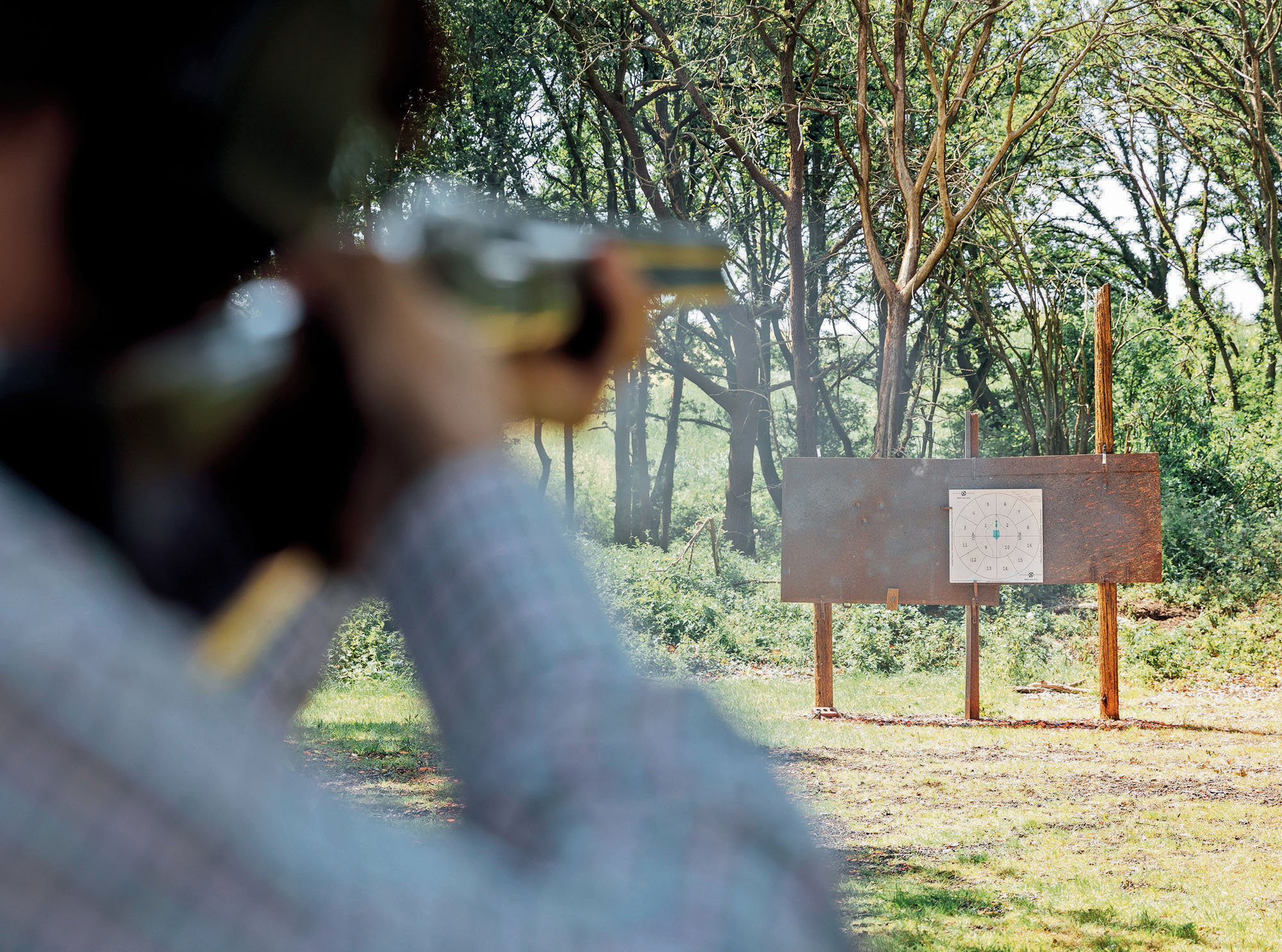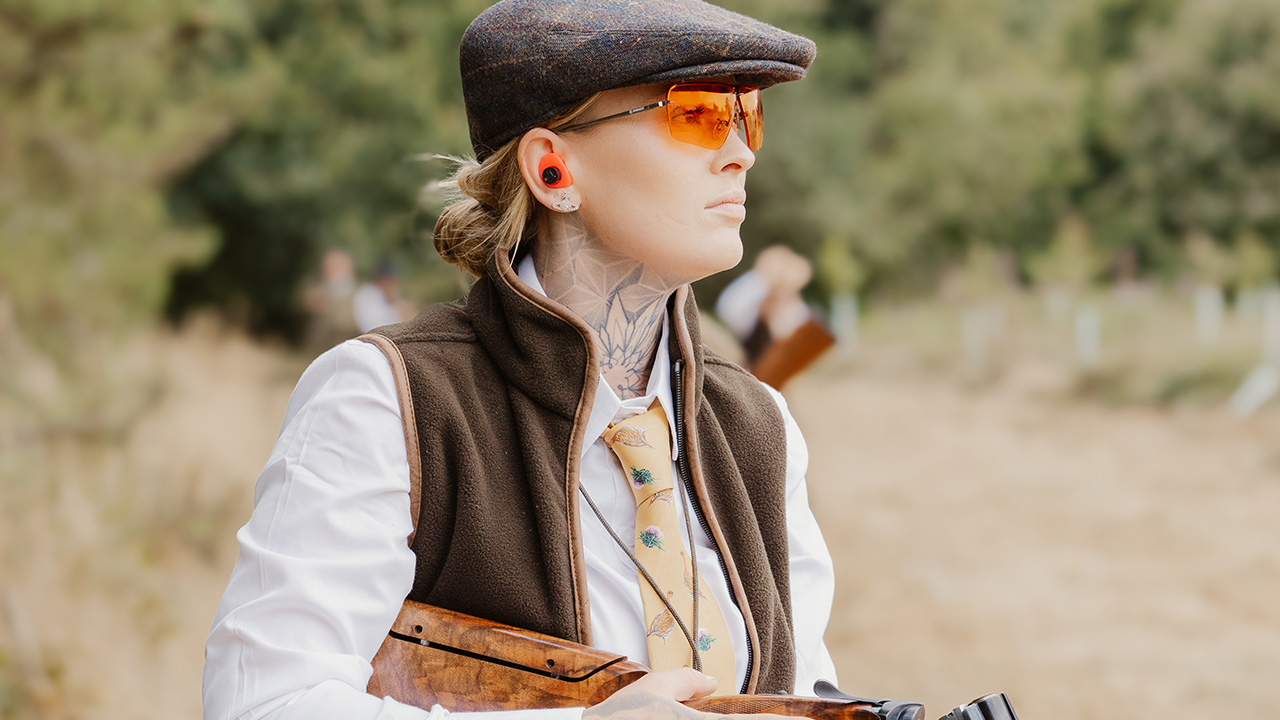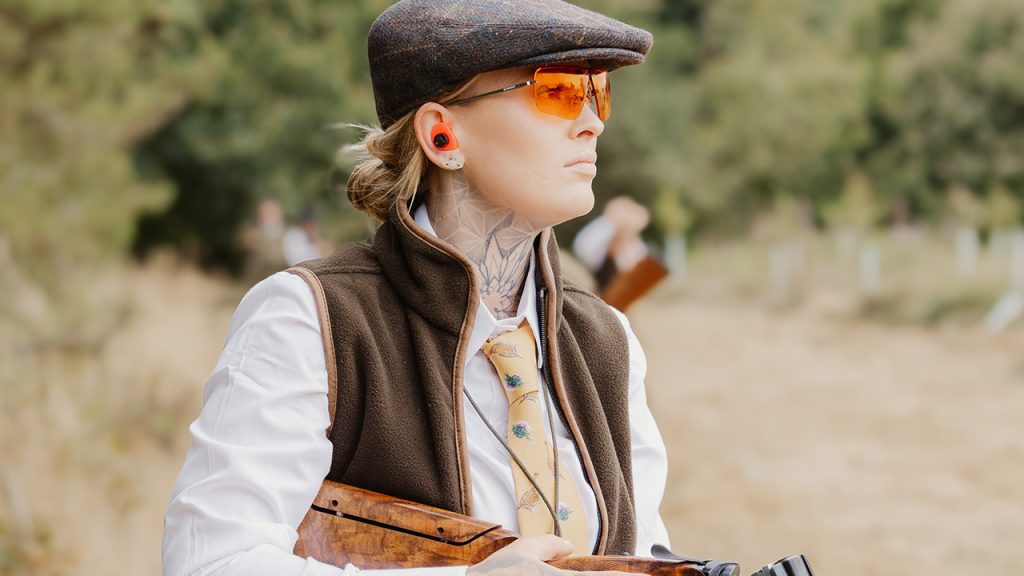On test: James Penny knives
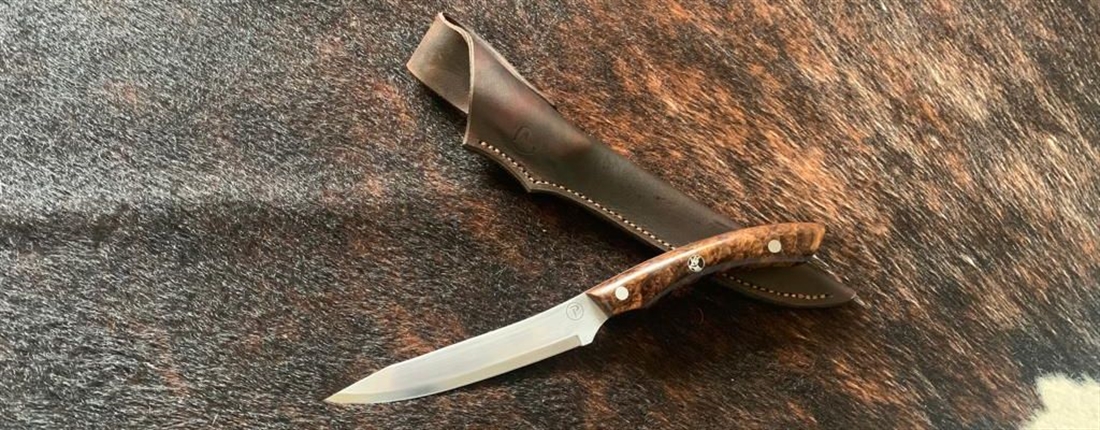
James Penny has come from a 25-year career in the manufacturing industry, making parts for motor racing and aerospace. He has been a keen hunter from an early age, so to make the most of both of these passions he has now struck out on his own to forge a new career as a bladesmith mainly producing hunting knives as well as some fantastic kitchen knives. James uses a range of wood and synthetic material for handle scales, and the types of wood used includes:
Thuya
Snakewood
Ironwood
Dyed maple burr
Circassian walnut burr
Masur birch
Old grown redwood burr
All knives are supplied with a Kydex or full leather sheath, in which you can have a say in the design and finish.
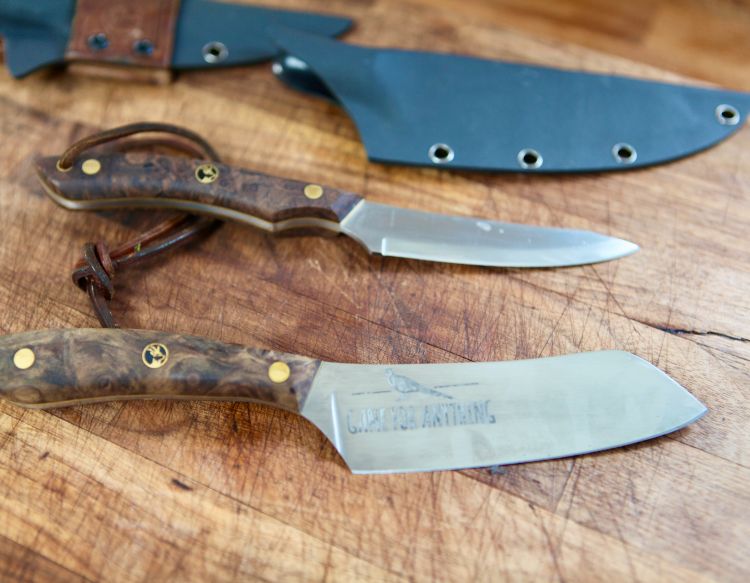
Within the standard range, there are three sizes of the Drop Point Hunter Knives available, 3″ 4″ and 5″ blade lengths and also a slimmed down version that has a 4.5″ blade length. This was originally a prototype for wild boar but it has proven to be perfect for gralloching medium to large-sized deer.
James uses mainly AEB-L stainless steel on the hunting Drop Point Hunters, but carbon steel is also available. When making chef or kitchen knives, he uses a British stainless steel called SF100, originally used for razor blades.
Our conclusion? Some of the best handmade knives on the market.

